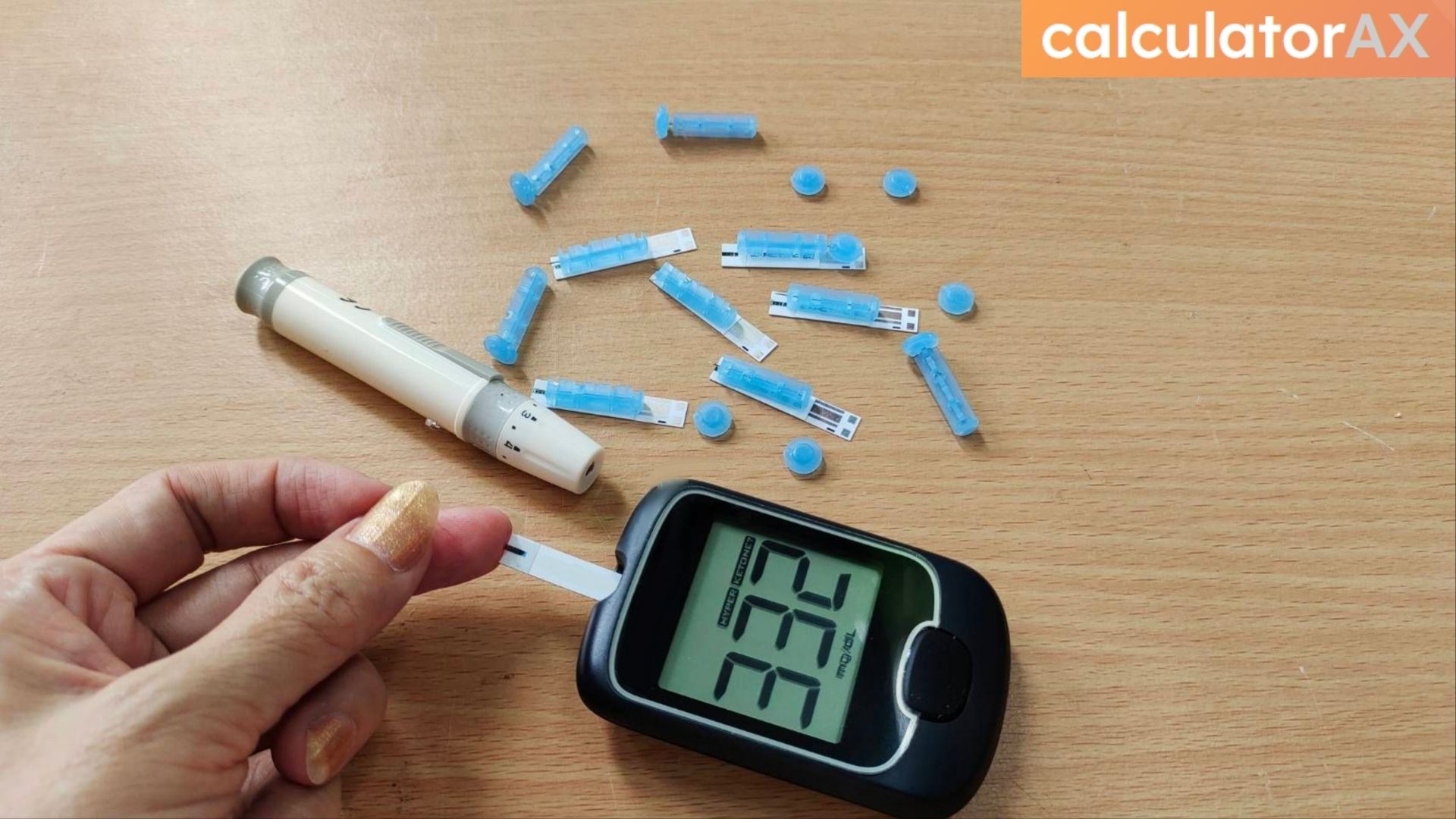Table of Contents
- What Are mg/dL and mmol/L?
- How to Convert Between mg/dL and mmol/L
- Why Are Blood Sugar Levels Important?
- Common Questions About Blood Sugar Levels
- Using a Blood Sugar Converter
Last updated: July 28, 2024.
Blood Sugar Converter: What’s the Difference Between mg/dL and mmol/L?

Understanding your blood sugar levels and how to convert them is crucial for effective diabetes management. If you've ever wondered about the difference between mg/dL and mmol/L or how to convert between these units, this blog post is for you. Let's dive in!
What Are mg/dL and mmol/L?
Blood sugar levels are measured using two common units: mg/dL (milligrams per deciliter) and mmol/L (millimoles per liter). Both units measure the concentration of glucose in your blood, but they do so in slightly different ways:
- mmol/L (Millimoles Per Liter): This unit measures the number of molecules of glucose per liter of blood. It is commonly used in the UK and Canada.
- mg/dL (Milligrams per Deciliter): This unit measures the weight of glucose in milligrams per 100 milliliters of blood. It is primarily used in the USA and some parts of Europe.
How to Convert Between mg/dL and mmol/L
Converting between mg/dL and mmol/L is simple with the right formulas:
Conversion Formulas:
To convert mg/dL to mmol/L: mmol/L = mg/dL / 18
To convert mmol/L to mg/dL: mg/dL = mmol/L × 18
Why Are Blood Sugar Levels Important?
Monitoring and understanding your blood sugar levels is essential for managing diabetes and maintaining overall health. Blood sugar levels indicate the amount of glucose circulating in your bloodstream, which needs to be tightly controlled to minimize the risk of complications. For more information on blood sugar management, see the CDC article "Manage Blood Sugar".
Common Questions About Blood Sugar Levels
Can I change the units on my blood glucose meter?
This depends on your specific meter. Some meters allow you to switch between mg/dL and mmol/L, while others are fixed to one unit. Check your meter's manual or contact the manufacturer for more information.
What are normal blood sugar levels?
For people without diabetes, blood glucose levels typically range from 4 mmol/L to 6 mmol/L (72 mg/dL to 108 mg/dL) before meals. For those managing diabetes, the American Diabetes Association recommends keeping blood sugar levels between 70 mg/dL and 130 mg/dL before meals and below 180 mg/dL after meals.
Using a Blood Sugar Converter
A blood sugar converter, like the one on our website, is a handy tool to quickly convert between mg/dL and mmol/L. Simply enter the value you need to convert, and the tool will do the rest.
Whether you're using mg/dL or mmol/L, understanding your blood sugar levels is vital for managing diabetes effectively. By knowing how to convert between these units, you can better track your glucose levels and maintain control over your health.
For more information and to use our Blood Sugar Converter, visit our website today!
- Diabetes.co.uk "Blood Sugar Converter."
- Mayo Clinic "Diabetes Diagnosis and Treatment."
- WebMD "How Sugar Affects Diabetes."